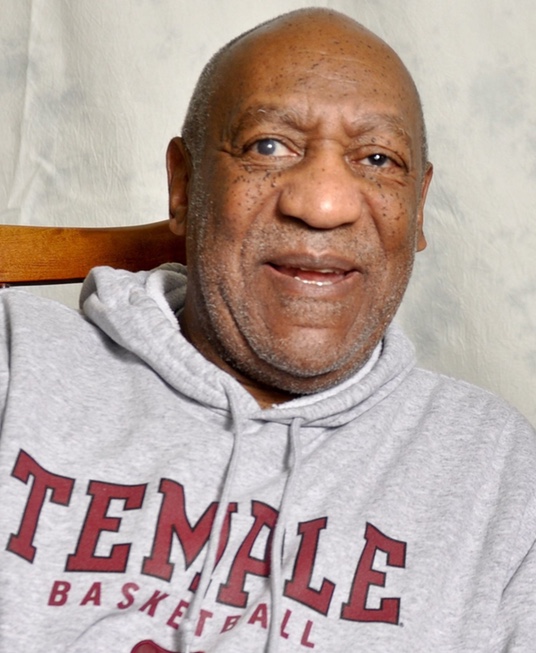
Now that the sentencing of Bill Cosby has the attention of the American public, perhaps we can have a conversation about how citizens are sentenced in this country. I’ll have to admit that I do find it ironic that virtually no one pays any attention to this issue until a notorious celebrity like Bill Cosby stands before the so-called “bar of justice.”
And opinions in regards to the type and length of sentence he should have received ran the gamut, from outright acquittal because he was innocent of any wrongdoing because any sexual acts that took place were consensual and the only reason he was indicted was because he was a successful black man — which is total, outright nonsense. I believe Cosby is as guilty as hell, and that there are probably more victims out there who, for various reasons, decided not to come forward.
At the other end of the spectrum are the folks that feel Cosby should serve a life sentence — and only because burning at the stake is no longer allowed. So fairness lies somewhere in the middle of these two extremes.
But I can’t escape the nagging question of — what if all of Cosby’s victims were black, would the outrage and opprobrium be as vociferous? This being America, it is a question to ponder.
Cleveland State Associate Law Professor Thomas C. Wagner pretty much hit the nail on the head when he wrote, “There is, I believe, a role for a token, perhaps symbolic incarceration in cases like this. Perhaps a month in prison, for symbolic and shock value. I think we as a society need to see that even the most powerful are subject to the rules, and the punishments, of law. This would be something like the staged perp walk often used by prosecutors.”
Certainly, for some that would not be long enough. OK, then, is the three-to-ten-year sentence he received an appropriate one? Was it too long? Not long enough? Why? I really wish people would respond and explain their reasons behind what they feel the sentence should be.
The reason most Americans would struggle with an answer is that our so-called criminal justice system is anything but “just.” It’s been broken almost from the very beginning of the Republic, and really became grossly unfair after the Civil War, when blacks earned their freedom by fighting for it.
The backlash against blacks being freed was swift and brutal, causing white Americans to become the most vengeful people ever to bestride the earth, and our sentencing policies reflect this fact: We incarcerate people for — on average — seven times longer than other industrialized nations for the exact same crimes. Yet we continue to tell ourselves that it’s really “justice” we seek in this country, not vengeance. Really?
Our system of jurisprudence was designed to perpetuate and continue the control of black bodies — via peonage in the South and restrictive covenants in the North — that the end of slavery had supposedly freed. A very interesting read is Slavery by Another Name by Wall Street Journal writer Douglas A. Blackmon. The work is very revealing in terms of how many of our current laws came to be, and setting forth by example of how they were never based solely — or even primarily — on fairness and just outcomes, never. This is why few people in this country can formulate a reasoned response to the question of what would be the appropriate sentence for Bill Cosby.
For the most part, many Americans really don’t know what fairness is, and too many more don’t care — until a case like Cosby’s comes along.

From CoolCleveland correspondent Mansfield B. Frazier mansfieldfATgmail.com. Frazier’s From Behind The Wall: Commentary on Crime, Punishment, Race and the Underclass by a Prison Inmate is available in hardback. Snag your copy and have it signed by the author at http://NeighborhoodSolutionsInc.